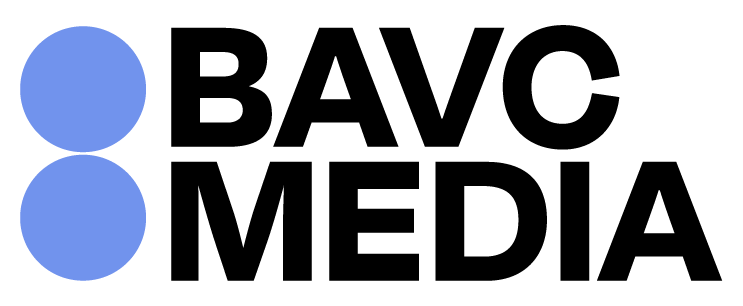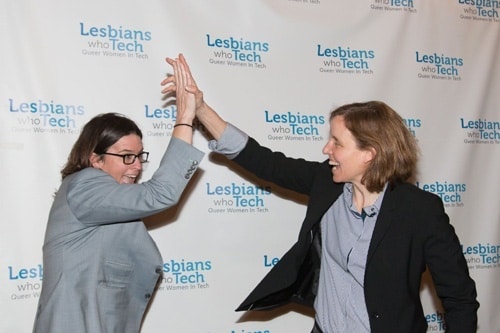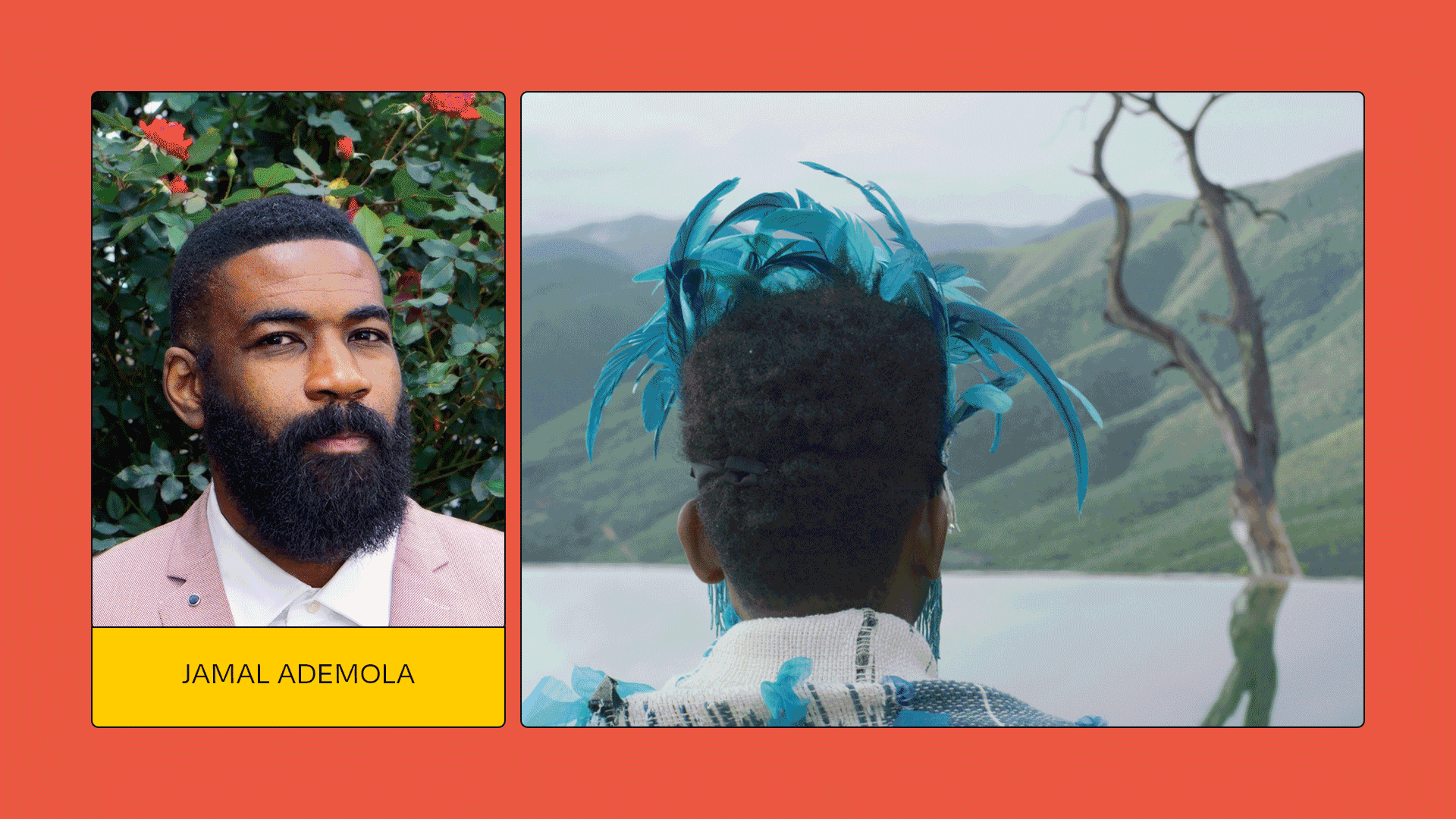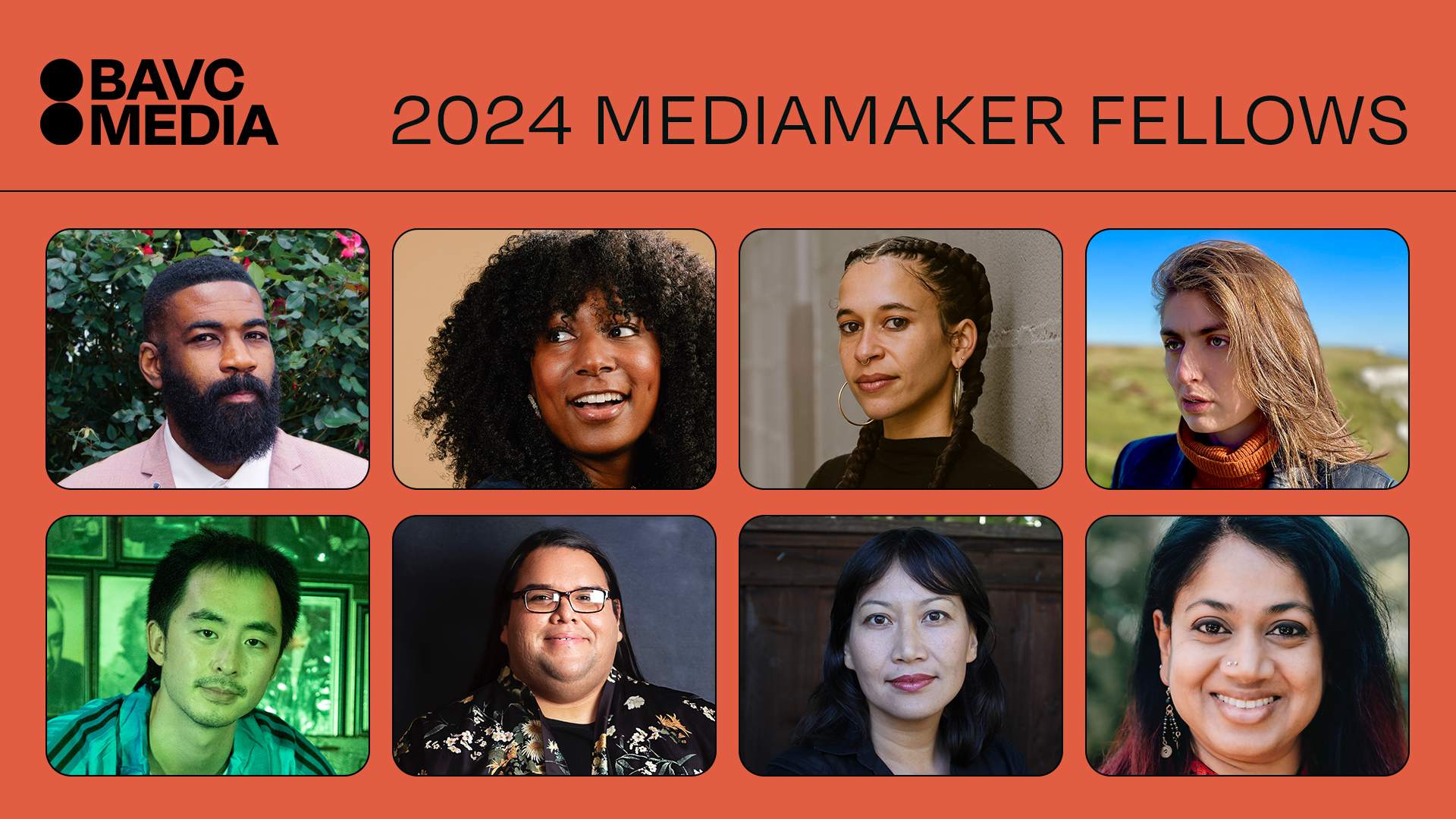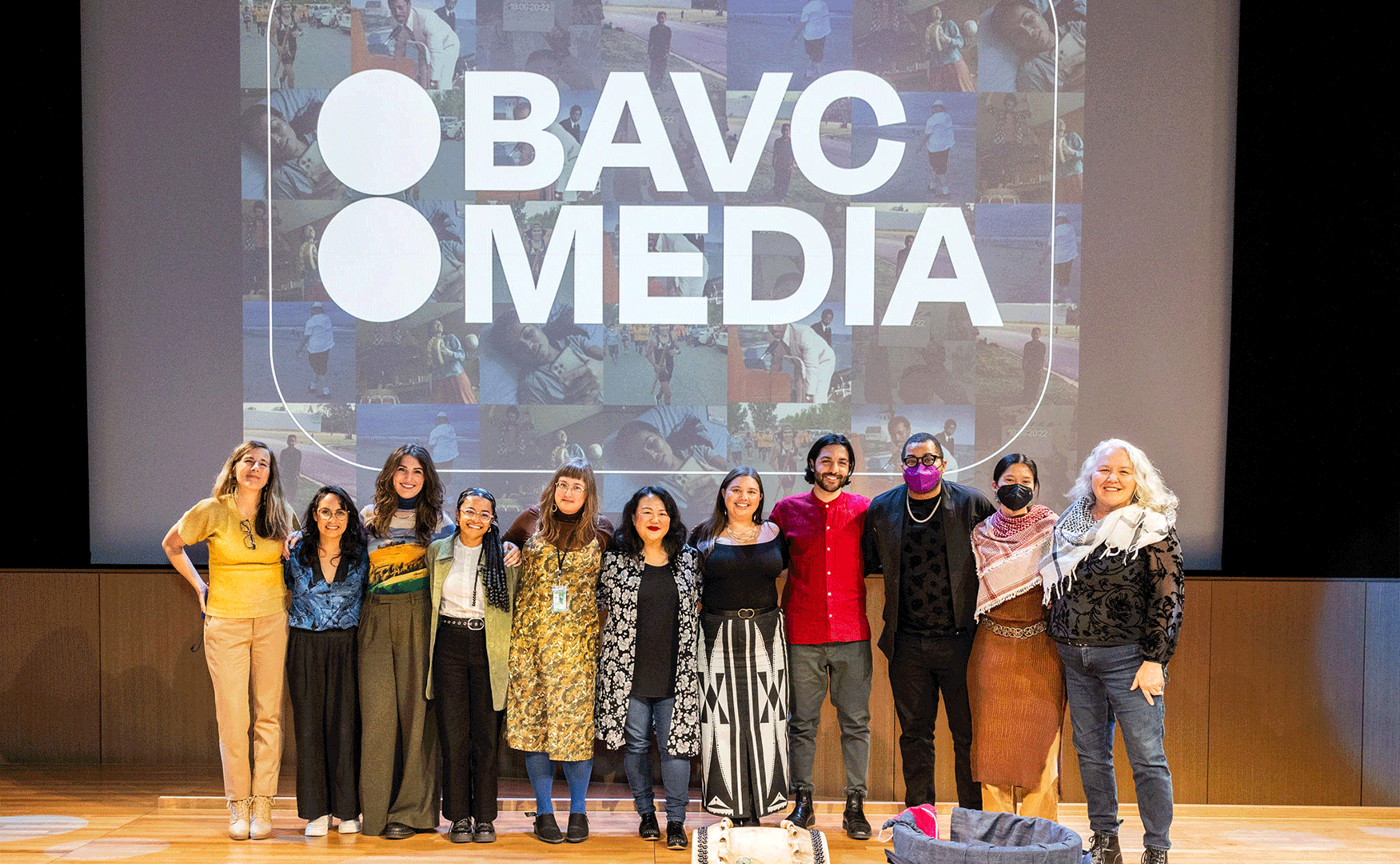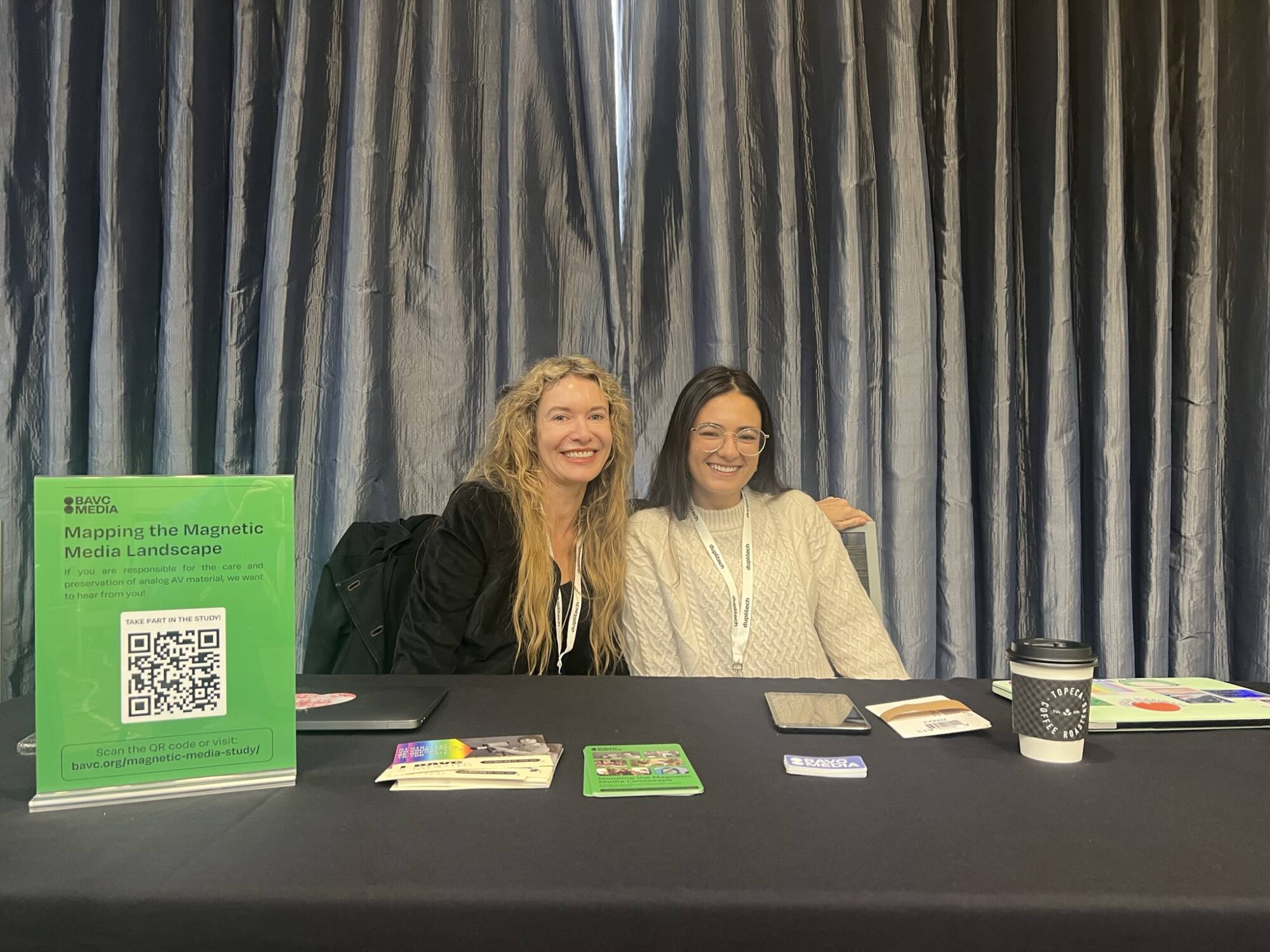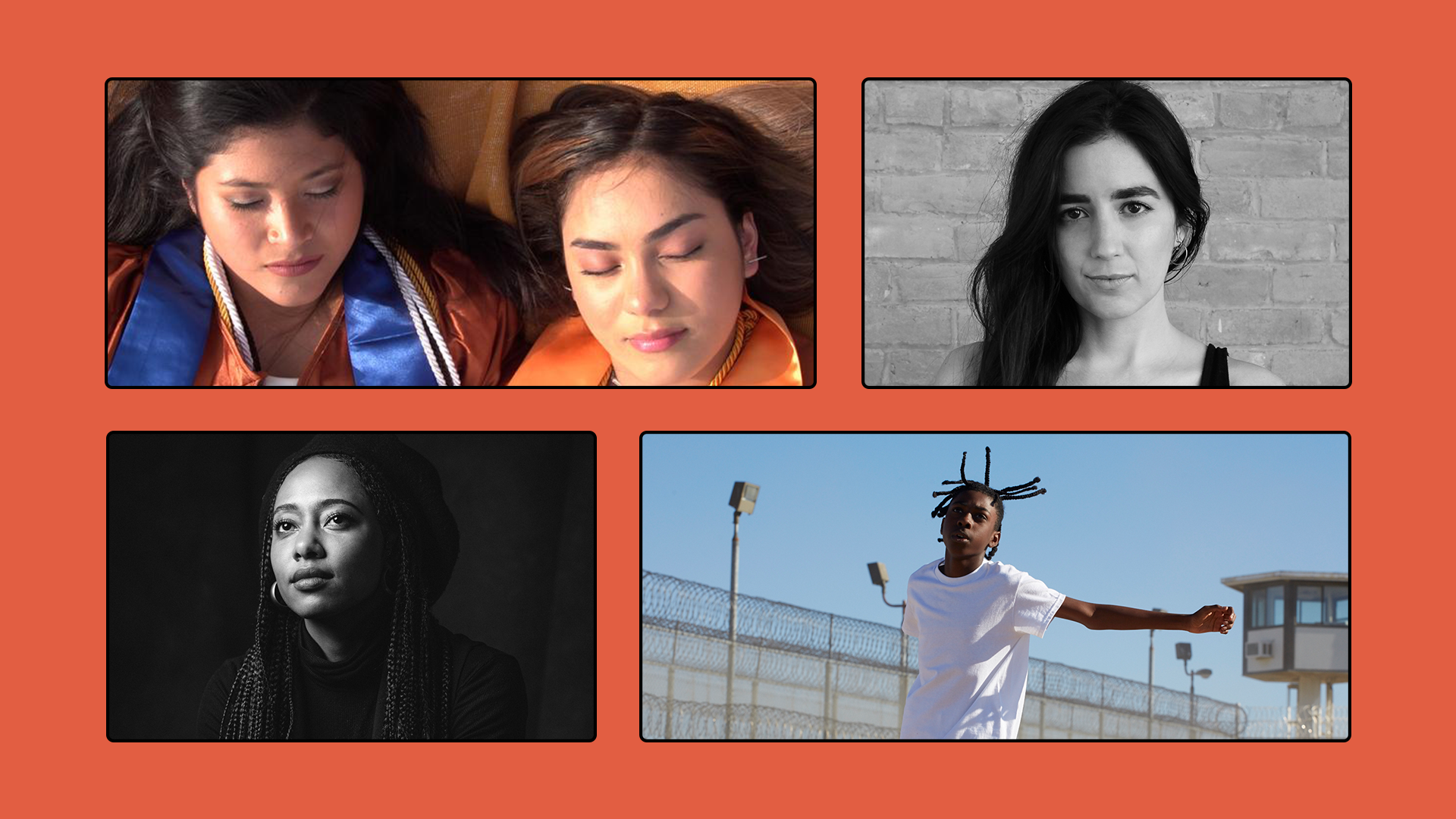“I would be lucky if I found one”: Reflections on the 2015 Lesbians Who Tech Summit
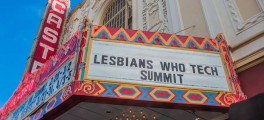
The Lesbians Who Tech Summit, held at the Castro Theatre in February, created a radical, wonderful, alternate reality in which the tech industry wasn’t represented by the shirtless brogrammers on Dice.com’s now-ubiquitous billboards, but by the 1,200 (mostly) queer women in attendance.
As the youth programming coordinator at the Bay Area Video Coalition I am constantly seeking out ways to work with young people, primarily of color and from low resource communities, to crack through the glass ceilings that exclude them from careers in media and technology. So, attending Lesbians in Tech was as affirming as it was eye-opening.
Lesbians who Tech was started by Leanne Pittsford who founded Lean Impact and the Social Good Tech Week, linking technology tools to the social good community. Pittsford shared with us how she got the idea for Lesbians who Tech: “I was going to a lot of tech events and the participants were 70 to 90 percent male. And queer women? I would be lucky if I found one.”
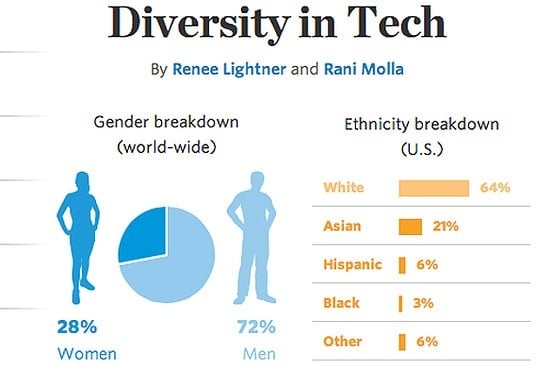
Conversations about diversity are happening in newsrooms and boardrooms around the world but what, truly, is accomplished when those discussion are lead by members of the majority? At Lesbians Who Tech, these conversations were far more personal, more dynamic, more raw. The desire to make women, people of color, queer women and working class women heard was palpable. It was discussed at length in breakout sessions, in bathroom lines, and in bars after programming.
The line from the conference that got the most tweets and retweets was definitely a quip by the brilliant Aliya Rahman, program director at Code for Progress who declared: “I believe the best way to hire women and people of color is to hire them.” This group knew better than to wait around.
Instead of waiting, we talked it out, strategized and took action. I attended several panel sessions such as “Breaking the Bro Code,” “Building Powerful Communities in Technology,” “How Technology Can Strengthen the Lives of LGBT People in Rural America,” “From Frederick Douglas To #BlackTwitter: Social Communication for Social Change,” and “How Teaching Transgender Women Tech Skills is Saving Lives” presented by female speakers, the majority of whom were people of color. I met and learned from folks who are hacking the tech workforce at every level.
Organizations like Code2040, Hacker Moms, Black Girls Code and Hackbright are working hard to train a more diverse applicant pool. Blendoor, which won first place in the pitch competition, is a new app that aims to help companies diversify their recruiting pools. On Saturday afternoon a group of women currently working at companies like Pandora, GitHub and Salesforce participated in a panel and shared their strategies for thriving in those environments. All highlighted the importance not only of advocating for themselves but also mentoring new hires and recruits.
This spirit of offering mentorship and support extended offstage. I had the opportunity to meet a number of people who were passionate about connecting with BAVC Media’s Next Gen students and sharing their skills and insights. As promised, I got lots of high fives and a few bear hugs. In the panelists and in my fellow attendees, I recognized my friends, my peers, slightly older versions of the incredible young people I work with at BAVC Media.
I left the conference with tools, allies, and motivation to continue building a bridge between the world we live in and the magical neighboring reality of Lesbians Who Tech. For those who are interested in joining this incredible community but who were not able to attend- fear not! Lesbians Who Tech has affiliated groups in cities all over the world that host panels, hackathons and monthly happy hours. If a group hasn’t yet been started in your community don’t be shy, take the lead!
Additionally, on March 26th, you can watch the launch event for Solving the Equation: The Variables for Women’s Success in Engineering and Computing live from Samsung’s new research facility in Silicon Valley to find out why women aren’t in these fields – and what we as employers, educators, and parents can do about it. Click here for more information and to register.
